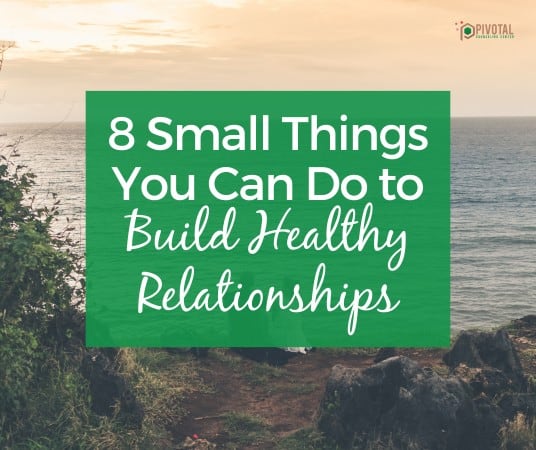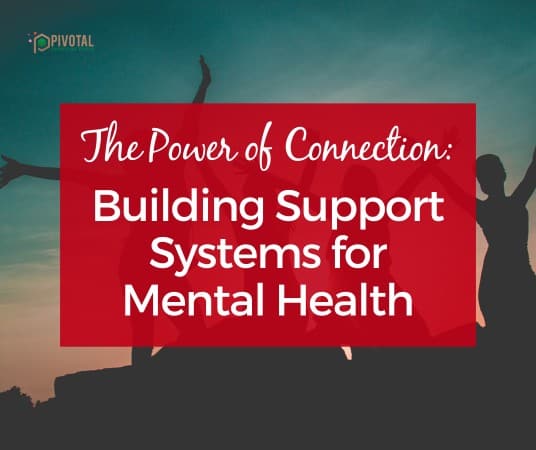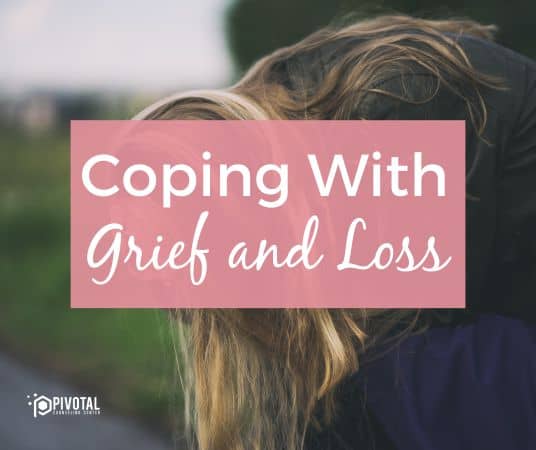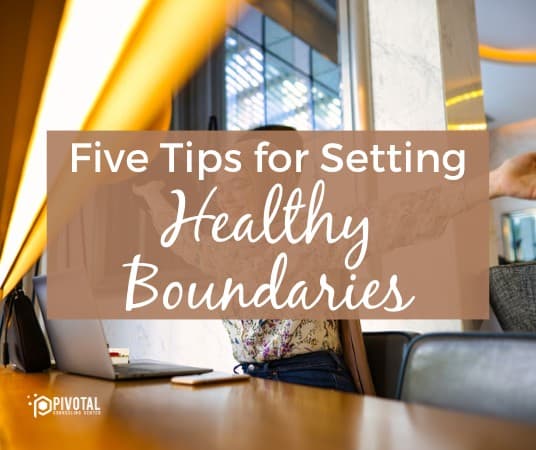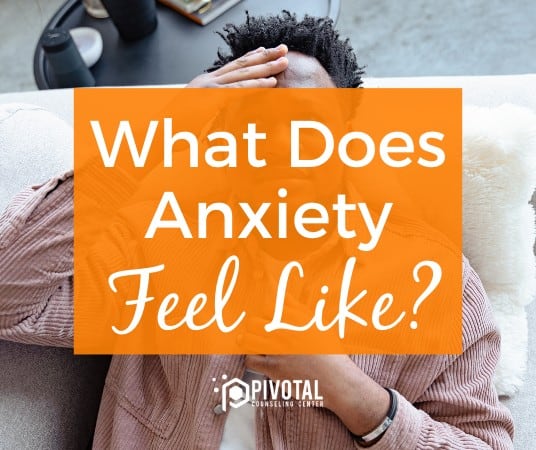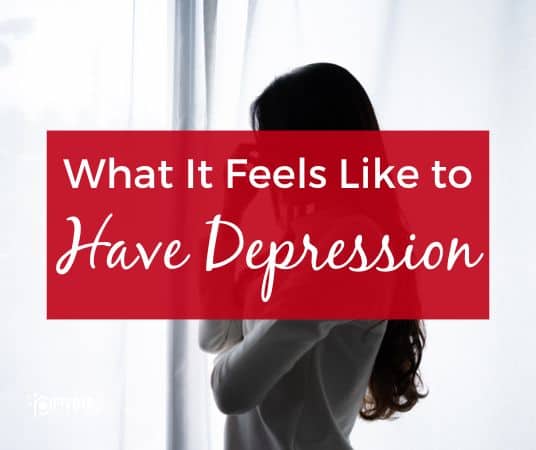
Life often throws us curve balls. Sometimes they’re small ones, easily lobbed away. Other times, they can have us ducking, sliding out of the way or frantically hitting the bat around. These sort of curveballs often result in anxiety. Anxiety is a common condition that can make even the “easiest” things seem like huge, terrifying monsters.
In order to help us deal with & conquer anxiety, we need to understand what it is, what’s causing it, and how we can best handle it without losing our entire day to panic. Here are 8 tips to help you understand and reduce your anxiety:
1. Identify what is stressing you out:
You can’t deal with your anxiety until you know what’s causing it. Sometimes the cause is something simple and temporary like a test or a speech. Other times, it feels more free-floating and vague. This type of anxiety can take a lot more time to nail down and understand, so don’t get discouraged. Keep track of when it hits, and eventually, you may be able to see a pattern. When you know what it is your anxiety looks like, you can start to take steps to reduce it.
2. Figure out what makes you calm:
What sort of things calm you down? For some, it’s cuddling a kitten or a puppy. Others like going out dancing or shopping. Or maybe you just enjoy having a little peace and quiet for an hour or so. Find the thing that makes you calm and use it as a healthy coping mechanism when you feel your anxiety creeping up.
3. Focus on your physical health:
The more attuned you are to your own body, the better you’ll be able to identify how your anxiety manifests and take steps to recover from or reduce its symptoms. Listen to what your body needs. Give it nourishment, plenty of water, and move it when you can. Be aware of your own limits & how your body communicates your health to you. Try a health tracking app if you aren’t sure how to start paying attention to what your body is saying! Reducing body stress can help you reduce mental stress which can help you stay ready & able to ward off anxiety when it comes.
4. Talk to a loved one:
Whether it’s a sibling, a parent, a best friend, or a partner, talking to someone about your anxiety can be a really helpful self-care exercise. You don’t need to go into detail if you don’t want to, but keeping the important people around you aware if you’re struggling gives you a shoulder to lean on and someone in your corner to root for you & provide support when you need it. But be sure to let them know that it goes both ways and that you’re always there to listen when they need it too!
5. Find a little bit of good in each day:
Even on the days when anxiety gets the best of you, try to take a few short moments to find something good in the day. Maybe it was a bit of sunshine, a really good bagel, or a nice comment from someone at work. Focus on that positive thing so that you can remember it’s not all negative.
6. Keep an anxiety journal:
Consider starting a journal about your anxiety. There are no format or rules, it’s just a private space for you to write down what you’re feeling. It can take whatever form you want it to, whether it’s release, coping or tracking your anxiety to help you better identify it. Journaling can be a fantastic, active way to engage with our anxiety without letting it overpower us.
7. Give yourself a break when you need one:
Sometimes being a little bit “selfish” is actually self-care. Taking care of yourself is critical for making sure that you are dealing with anxiety and protecting all parts of yourself, making sure you’re able to get up and deal with life again tomorrow. Use your calming agents, whatever they may be, and fuel yourself up for whatever comes up next.
8. Don’t be too hard on yourself:
Most of us have a tendency to be too hard on ourselves. We expect our best work all the time and don’t often provide ourselves with enough opportunity to rest and recharge. The next time you’re struggling with anxiety and start to degrade yourself for it, stop and focus on cutting yourself a break. Reminding ourselves that we all have bad days and we all need to take time to rest & find some peace will help you feel stronger and better.
Anxiety has a way of twisting the world into something scary and lonely. Use these 8 tips to help reduce anxiety’s effect and remember that you’re not alone in this.

